A good white American friend can be hard to find, so I appreciate and cherish mine. It’s June 2020, a month that will probably go down in history as one of the most pivotal, enraging, disgusting, hypocritical, amazing months in American history. And one by one, these friends text or call me. Not seeking justification and reassurance from me that they’re not racist, thank God—I’ve chosen my friends well. They are sincerely concerned for my all-around well-being. “Is there anything I can do for you? How are you feeling about everything that’s happening right now?”
This evening, dinner was a slice of birthday cake with a few ounces of Prosecco that had peach slices soaking in the bottom of the glass. The world is burning, scores are dying, monuments to war, racism and colonialism are rightly being torn down by the people, and I’m using my pandemic unemployment income to order foot soaks, health supplements and the finest lingerie I’ve ever wanted. That’s how I feel about everything that’s happening right now. It’s what I deserve. And checking in for a video conversation and interview of my friend/artist Kesha Bruce, it seems that I’m not alone in taking up self care and R&R as anti-fascist, pro-Black action.
Kesha is one of those women that I wish had been my big sister: prolific, visionary, warm-hearted, unapologetically Black and concerned with matters of the spirit. We first met through a mutual friend, Seattle-based painter Liz Tran, a white artist I met in 2009 who has been putting in ally work as an emerging artist the whole time I’ve known her. It was during Miami Art Week 2015 that I sat down to dinner with both Liz and Kesha together for the first time. Thus began a tradition of art-world gossip, business advice and war stories. So when we made time for this video chat, I felt like we had already said all the things that needed to be said about issues we face as Black artists, as Black femme artists, as Black femmes internationally. So then why should we, at this point, pump our brakes for anyone to catch up?

Kesha Bruce with her artwork, photo by Heidi Gutman
To be a Black artist is to be about the work of seeing 100 years into the future, and making work that prepares us all for that world. Because the present, the status quo, is unacceptable on all levels. We have spent way too much time centering the prevailing white capitalist viewpoint in our artist statements, in our conversations during swanky art openings, in our applications for grants and residencies.
Kesha has the kind of 9-to-5 job that any artist would love to go 9 to 5 for. As artist programs manager for the Arizona Commission on the Arts, she empowers artists with research and development grants: no strings attached, no pressure to culminate in showing a body of work. Working remotely at her home in Phoenix (among the top spots for increase in COVID-19 infections), she is her mother’s primary caregiver. Her mother has cancer and is therefore immunocompromised.
“We are in hardcore quarantine,” she says. I ask how she and her mother are faring: “Luckily I’m in a position where I can work from home. I also have my studio space that I don’t have to share with anybody else, so I can get my work done there. But there’s definitely a sense of isolation, and at the same time a sense of urgency mixed with rage.” She goes on with a tinge of frustration, “Just fucking rage at the lack of leadership and the absolute disregard for people’s lives. The lack of infrastructure and leadership in this country is just shameful… it’s like they’re actively trying to kill us. There’s no care for Black lives.”
Black Americans are hardest hit by COVID-19, and are at higher risk for contracting the virus and dying as a result of numerous factors. We’re more likely to be “essential workers.” Essential jobs are least likely to provide healthcare, paid time off or suitable wages. Layered on top of that is a racist healthcare system featuring doctors and nurses that view us as untrustworthy beasts that don’t feel pain. When Kesha said that she’d be taking a social media break and shutting down her studio soon, I started to ponder how I might follow her lead.

Portrait of Kesha Bruce
So what does a post-COVID Afrofuture look like in the art world? When galleries are sending statements of solidarity to their email lists and posting black squares on Instagram, yet the only faces of color you’re likely to see on their staff are there to guard the art at an opening? Or when museums that have million—and billion-dollar endowments are using the pandemic as an excuse to slash their educational budgets (which is where you’ll see a Black educator working most of the time if they’re not on security staff)?
There are ways in which Kesha is “acting into and living into the future” that she wants to see in the art world and beyond. For example, three years ago she began using her email list—comprising gallerists, dealers, past and current collectors, and more—to launch “Spirit House.” This is where she sells original, one-of-a-kind small works on paper at an accessible price point for people who can’t spend thousands on her larger works. In 2018, she co-created “Black Girl Basel”—an evening of opening up the Airbnb a group of us were staying at, because as Black women we needed a place to eat, drink and relax, free from white gazes in Miami. And in response to a scheduled show being canceled as a result of the pandemic, she created a Patreon for general support of her art practice.
These are examples of the kinds of self-advocacy that Black women have engaged in for decades. We’ve never had the luxury of believing that anyone would ever come to our rescue.
“I’m really focused on Black people’s wellness, mental health, self care, healing strategies. Ways to metabolize this anger and this trauma,” she says enthusiastically. “It’s not sustainable if it doesn’t build in wellness and mental health. And Black people need healing anyway from the trauma of being Black in this country.”
This week, I learned that five Black men have been lynched in America.
I drew a hot bath, tossed in some pink Himalayan salt crystals with rose petals, soaked and marinated on the vision of the bountiful, abundant Afrofuture I’m creating for myself and my loved ones. Free from the constraints of being the strong one, the one who takes on everyone’s cares at her own expense. Because my immune system matters. My financial freedom matters. My emotional and mental health matters.
We are not your mules.

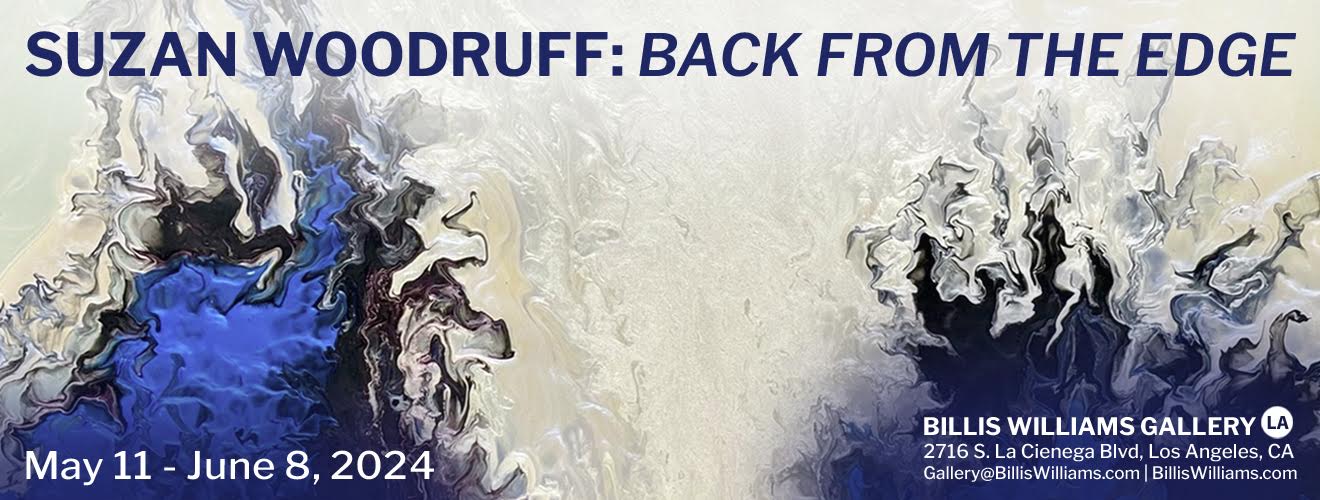



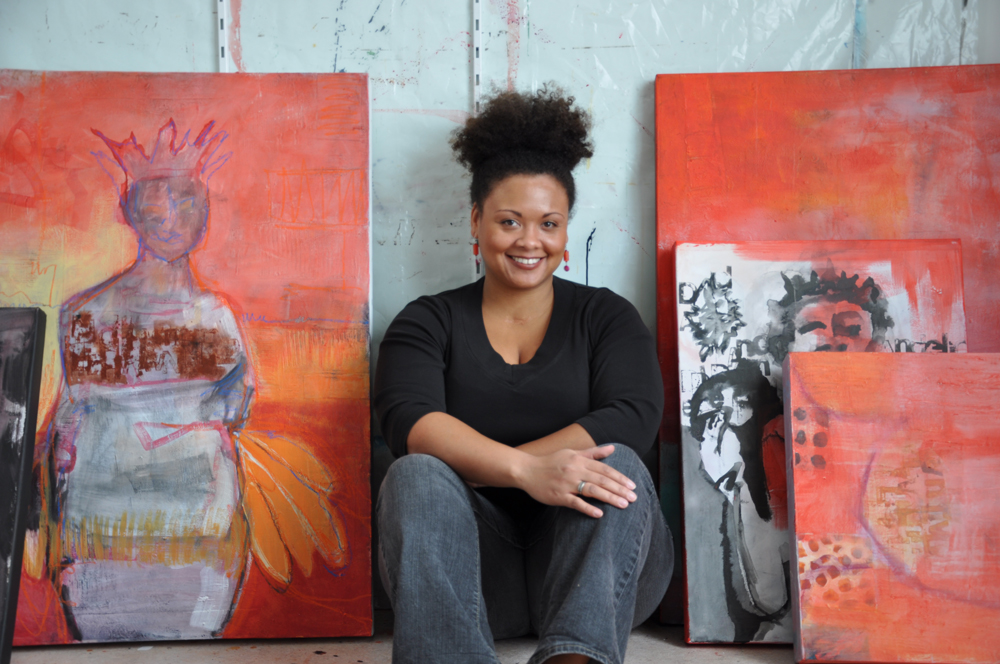
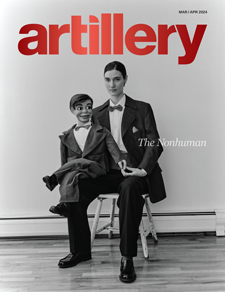

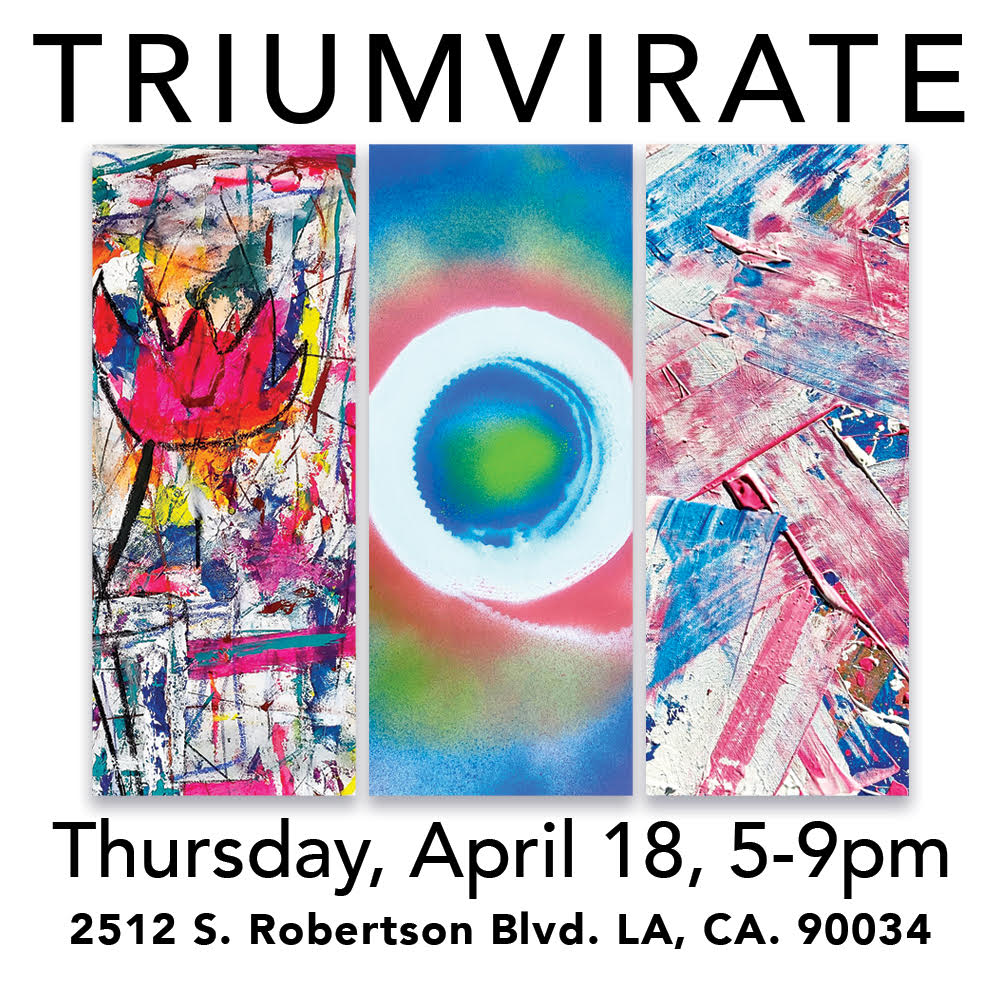
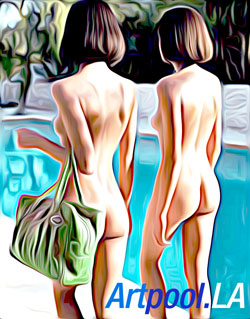
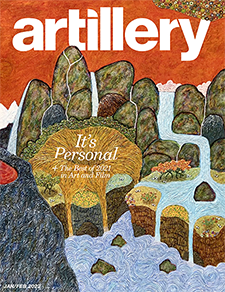
0 Comments